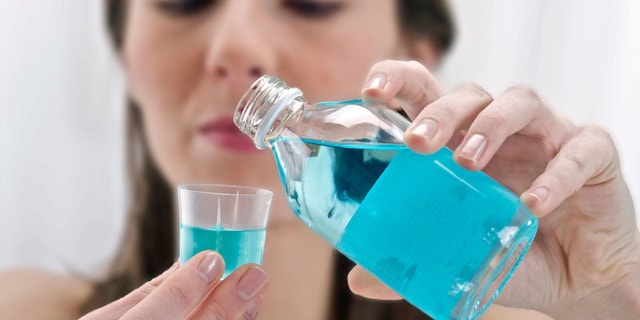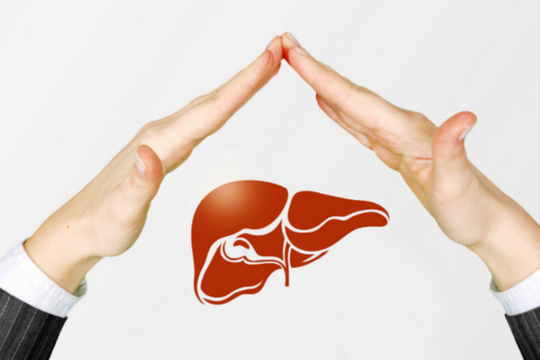Using antibacterial mouthwash can do more harm than good.
A new study suggests that rinsing with antibacterial mouthwash may kill off beneficial bacteria living in the mouth that are responsible for protecting against obesity and diabetes.
 |
| Using mouthwash after brushing your teeth can kill harmful bacteria, but it also affects beneficial bacteria. |
Although mouthwash is intended to target the bacteria that cause tartar and bad breath, it actually indiscriminately attacks beneficial bacteria as well.
Researchers at Harvard University found that people who used mouthwash twice a day were about 55% more likely to develop diabetes or dangerous high blood sugar within three years.
While previous studies have shown that poor oral hygiene can lead to a variety of health problems elsewhere in the body, this is the first study to show that seemingly positive practices can have unexpectedly negative consequences.
Most antibacterial ingredients in mouthwash are non-selective, says Kaumudi Joshipura, professor of epidemiology at the Harvard School of Public Health.
In other words, they don't target specific bacteria in the mouth, but work across a broad range."
The study looked at 1,206 overweight people aged 40 to 65 who were at risk of diabetes.
During the study period, about 17% of these people developed diabetes or prediabetes, but this increased to 20% for those who used mouthwash once daily, and 30% for those who used it twice daily in the morning and evening.
Prof. Joshipura said helpful bacteria in the mouth could protect against diabetes and obesity, including bacteria that help the body produce nitric oxide, which regulates insulin levels.
Nitric oxide is also important for regulating metabolism, energy balance, and blood sugar control.
Mouthwashes have been around for thousands of years, but the first commercial product was developed in the late 19th century, and named Listerine after Joseph Lister, a British surgeon. It was originally used as a surgical antiseptic, but by the 1920s it was being sold as a “remedy” for bad breath, as well as a floor cleaner and dandruff treatment.
Many mouthwashes today contain powerful antibacterial solutions including chlorhexidine, triclosan, cetylpyridinium chloride, alcohol, essential oils, fluoride, and peroxide.
However, removing the beneficial bacteria also allows harmful bacteria to flourish, the researchers warn, and recommend using mouthwash only once a day.
The British Dental Association does not list daily use of mouthwash as a necessary component of proper oral health care and warns that mouthwash does not guarantee "removal of food particles and plaque from teeth".
Another study published earlier this year in the Journal of Periodontal Research found that certain oral bacteria appear to protect against diabetes and obesity.
And another 2013 study found that just one week of mouthwash reduced oral nitrite production by 90%, reducing blood nitrite levels by a quarter. These changes led to a significant increase in blood pressure.
The study concluded: "The frequent and indiscriminate use of antibacterial mouthwash products may do more harm than good, and this is supported by the findings from this new study.
“Mouthwash use may also have adverse effects on diabetes control and potential complications, as some of these complications share NO-mediated mechanisms with blood pressure and diabetes.”
The study was published in the journal Nitric Oxide.
According to Dantri
| RELATED NEWS |
|---|








